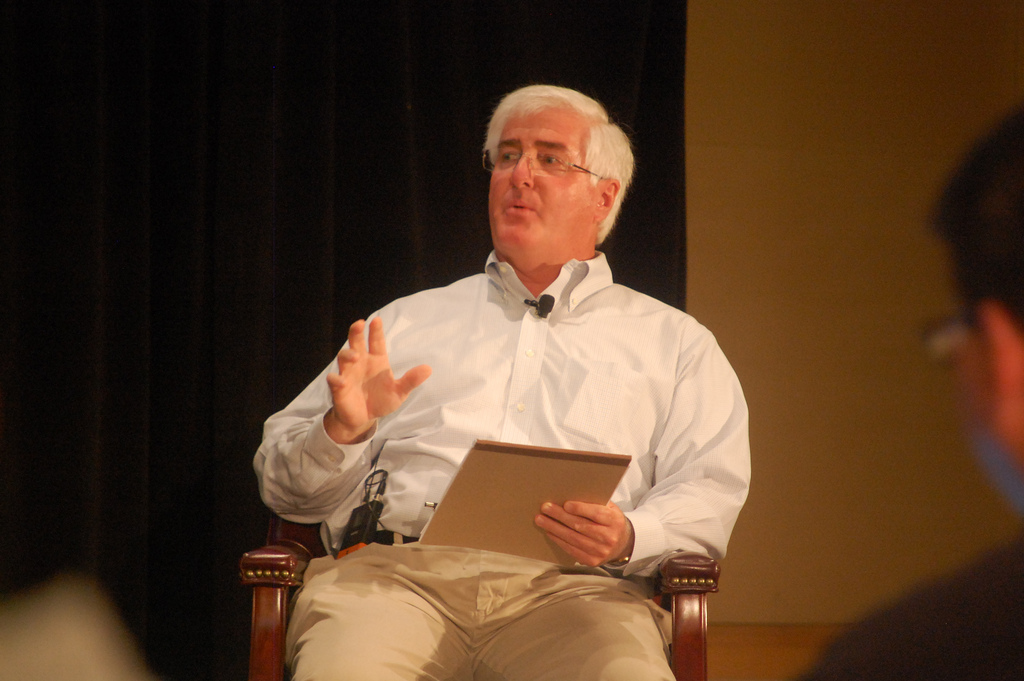As you may already know, there are two things you need more than anything else when starting a business: capital and a good idea. Whilst coming up with a profitable business concept is a relatively easy thing to do, raising capital is often anything but. When looking at ways to drum up the cash you need to get your start-up up ticking over, you will invariably see books, websites and advice columns telling you venture capital firms (VCs) are always looking to help hot new start-ups like yours. However, while going down this route may seem like a good idea from the outset, it is often the case that VCs are not always the best capital option, particularly at the initial seed financing stage.
So who is then?
Angel investors
A business angel investor is an individual or syndicate that uses their own personal finance, along with their business and/or professional experience, to invest in the growth of a small business, more often than not at the start-up stage. The appeal of business angel investors lies in the fact that, as well as having a genuine interest in the endeavor they are looking to help, they are normally willing to take an equity position and/or some level of debt in exchange for their investment. Moreover, a business angel investor will also take a seat on the board of directors, as this will enable them to monitor their investment funds and provide advice/mentoring where need be.
However, this is a merely a taste of the many benefits angel investors afford. Indeed, these benevolent sources of capital are actually able to provide start-ups like yours with a whole swathe of significant advantages, such as those listed below:
Angels have the ability to provide capital in small amounts
Like most start-ups, you may require only small amounts of money – most certainly less than $500,000 – to help achieve your early ambitions. Because they will source funds from their own personal finances, angel investors will be able to provide you with the exact amount of money you need, whenever you need it most. Suffice to say, this is in stark contrast to venture capitalists who tend to generate funds by pooling money from a number of different sources, and generally seek to invest in enterprises that are looking for an injection of at least $500,000 to $1 million.
Angels don’t shy away from high-risk investments
Contributing capital to a start-up company is generally regarded as a high-risk investment as the firm will not yet have managed to establish a solid track record of success. Despite this – and the fact that most new businesses fail in their initial years – angel investors have a habit of being quite optimistic about their investment choices and often ask for a significant amount of returns to offset the perceived risk. Most other lenders are not ordinarily so keen to shy away from seemingly high-risk investments.
Angels are everywhere nowadays
Whilst it may once have been true that angel investors were only really to be found in traditional financial centers and commercial districts in the US, this is certainly not the case these days. In the twenty-first century, business angel investors can be found in practically every kind of market and in all four corners of the globe. Indeed, everyone from innovative British entrepreneurs looking for finance in the UK to hungry Hong Kong start-ups hoping to tap into the lucrative markets on mainland China can now expect to find an angel of their very own close to home. Although it is true that many business angels – like venture capitalists – tend to focus on industry specific investments within the technology sector, this is not set in stone. Today’s business angels are attracted to all kinds of industries. To be sure, most contemporary angels see a company’s profitability and growth as being far more important than the particular sector they are looking to make a name for themselves in.
Angels bring vast knowledge and experience to the table
Having investors and board members with empirical experience of running a successful enterprise – especially within your industry – can be incredibly beneficial as they will invariably provide your company with invaluable contacts, expertise and advice. It should not be underestimated just how valuable an angel’s insight and resources can be in this respect. Having this support on hand, as and when you need it, means asking for help, advice or guidance from an angel should be seen as making the most of your assets, and not – as is so often the case – a reflection of any failings or inadequacies on your part.
Angel investors afford more flexible business agreements
Angel investors tend to insist on less formal investment criteria than traditional lenders, such as banks and venture capitalists. The fact that they are investing their own money means that they can – and more often than not will – be more open to negotiation in their dealings. Without doubt, having a source of capital which is highly flexible and open to suggestions is very advantageous indeed when you are just starting out on the road to success.
Angel investors see a bigger picture
Many angel investors choose to invest in places that are close to their heart. The reason for this is usually that, as well as helping to launch your new enterprise, they will get to see their capital benefiting the local community by creating employment opportunities and stimulating economic growth at a local level. Looking beyond mere monetary return to see a bigger picture is not something venture capitalist companies are famous for doing.
To summarize, seeking capital from an angel investor can be one of the very best ways to get your company up and running in positive fashion. Provided expectations are well drafted and thought out from day one, and the funding agreement is such that it will meet the demands of both you and your investor fully. You will be able to take full advantage of the benefits listed above and strike out on the long road to financial success with more than just a fair degree of confidence.
This post was written by Melissa Drayton and is reprinted by permission
Image Credit: CC by Kevin Krejci



